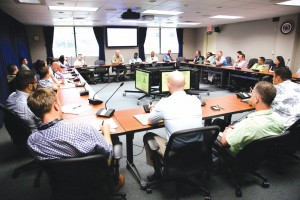
Fellows in Asia-Pacific Orientation Course 15-2 take part in a seminar discussion on one of several key security-related topics covered in thecourse’s plenary sessions.
Gaining an expanded perception of regional security issues, 150 professionals completed Asia-Pacific Orientation Course 15-2 today at the Asia-Pacific Center for Security Studies.
APOC is a five-day course designed to provide an overview of regional states and trends in socio-economic, political, defense, health and environmental arenas that drive the Asia-Pacific security environment. Attendees are generally junior- to mid-grade military members and their civilian counterparts in various security-related fields.
“Given the size and complexity of the region, and its increasing interconnectedness, it’s critical that security practitioners in this domain are able to understand current and future security challenges, both traditional and non-traditional,” said APOC course manager Cmdr. Alan Chace. This is especially true, he said, in light of the ever evolving security environment in the region.
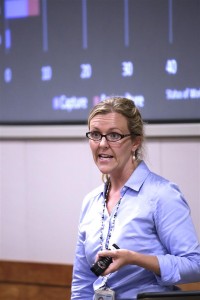
Asia-Pacific Center for Security Studies professor Kerry Lynn Nankivell conducts an elective session on the South China Sea during the June 22 – 26 Asia-Pacific Orientation Course 15-2.
APOC 15-2 attendees gained a deep analysis of Asia-Pacific nations, sub-regions such as Oceania, Southeast Asia and South Asia, and key national behaviors. They learned through a combination of plenary discussions, electives and seminar sessions that allowed them share perspectives and form valuable connections with their peers.
“I thought it (the course) was fantastic…good foundation for working in the region (and) a great opportunity to meet other people.” said Scott Linton, assistant foreign policy advisor with U.S. Pacific Command. Linton added the course did well in tying together differing elements that contribute to national security, such as economics, defense and politics, to help Fellows connect these elements and see how they work into U.S. and other nations’ policies.
Course plenary discussions included “Socio-economic Development in the Asia-Pacific” by Dr. Miemie Byrd; “Regional Friction and Its Impact on the North Korea Problem,” by APCSS Director Lt. Gen. Dan Leaf; and “Security Dynamics in Northeast Asia” by Dr. David Fouse.
Linton and his APOC 15-2 peers hailed from 11 locations to include Australia, Brunei, Canada, Indonesia, Japan, New Zealand, Singapore, South Korea, Taiwan, the United States, and Vietnam.

Sgt Maj. Kanessa Trent, U.S. Army Pacific Command Public Affairs, offers her perspective during a discussion in Asia-Pacific Orientation Course 15-2 June 22 – 26.
APOC is one of six formal courses at APCSS. The center is a Department of Defense institute that addresses regional and global security issues. Military and civilian representatives, most from the United States and Asia-Pacific nations, participate in a comprehensive program of executive education, professional exchanges and outreach events, both in Hawaii and throughout the Asia-Pacific region.
The Center supports U.S. Pacific Command by developing and sustaining relationships among security practitioners and national security establishments throughout the region. APCSS’ mission is to build capacities and communities of interest by educating, connecting and empowering security practitioners to advance Asia-Pacific security. It is one of the Department of Defense’s five regional security studies centers.
Since opening in 1995, more than 9,500 alumni representing over 122 countries and territories have attended APCSS courses and workshops.
-END-


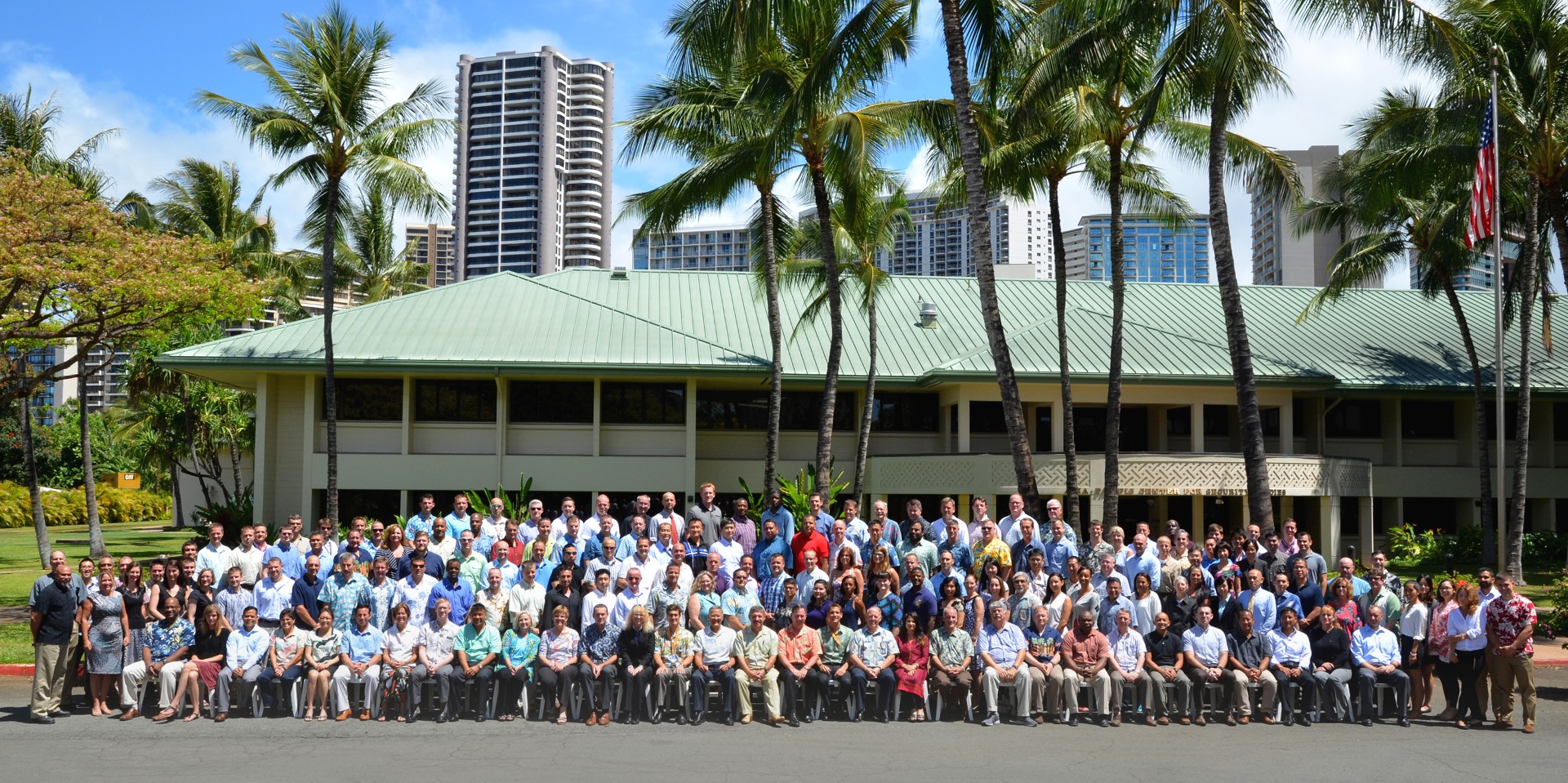
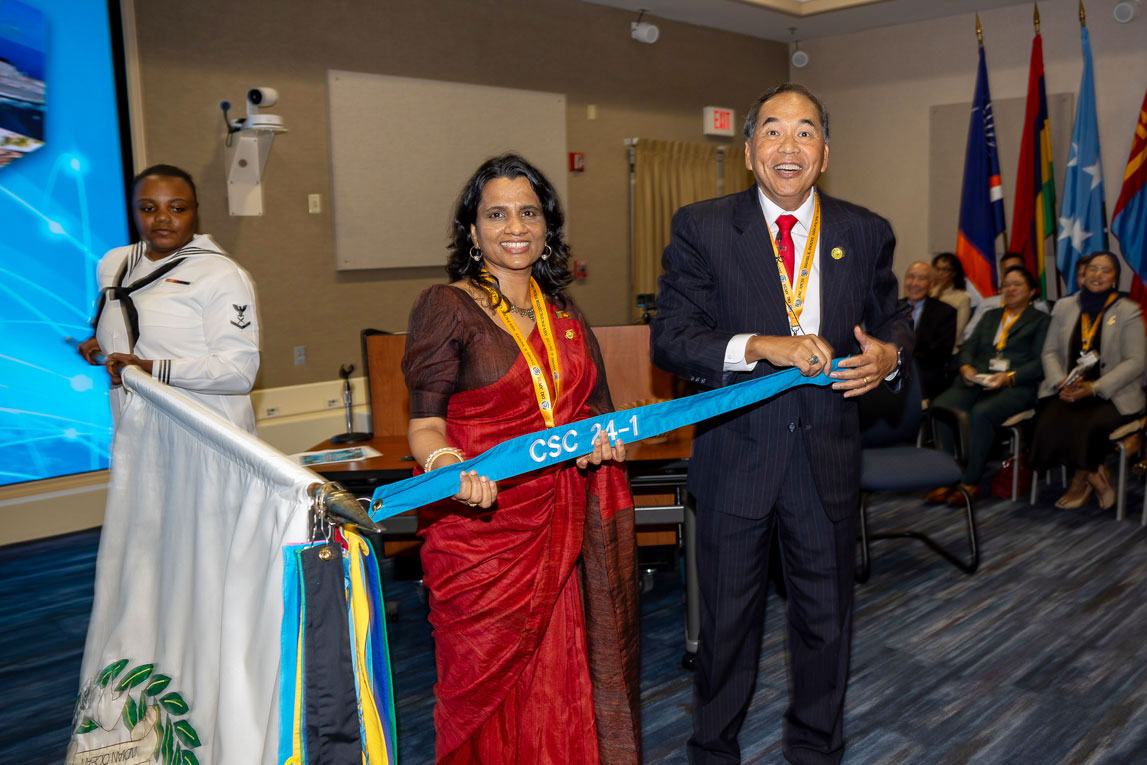
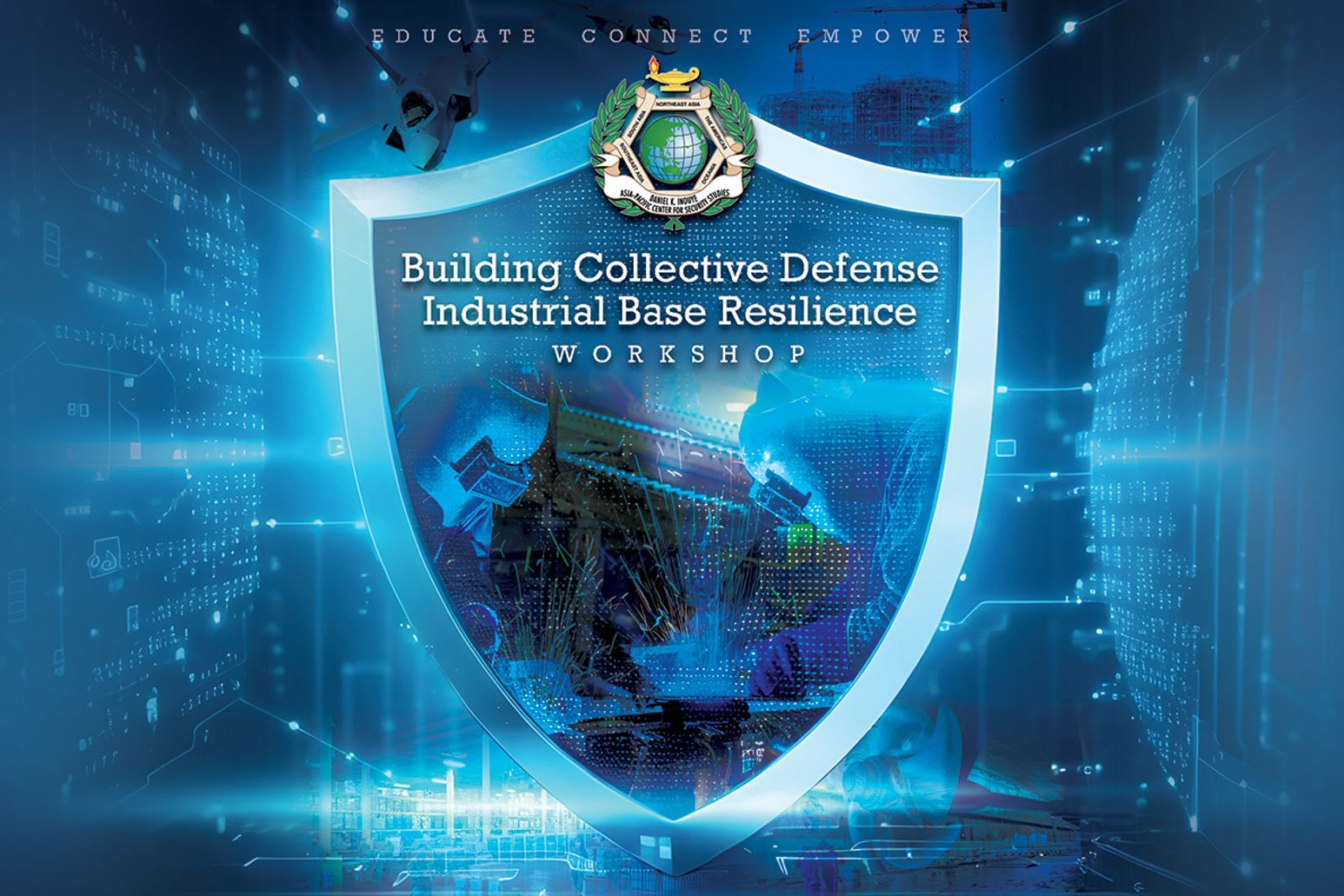
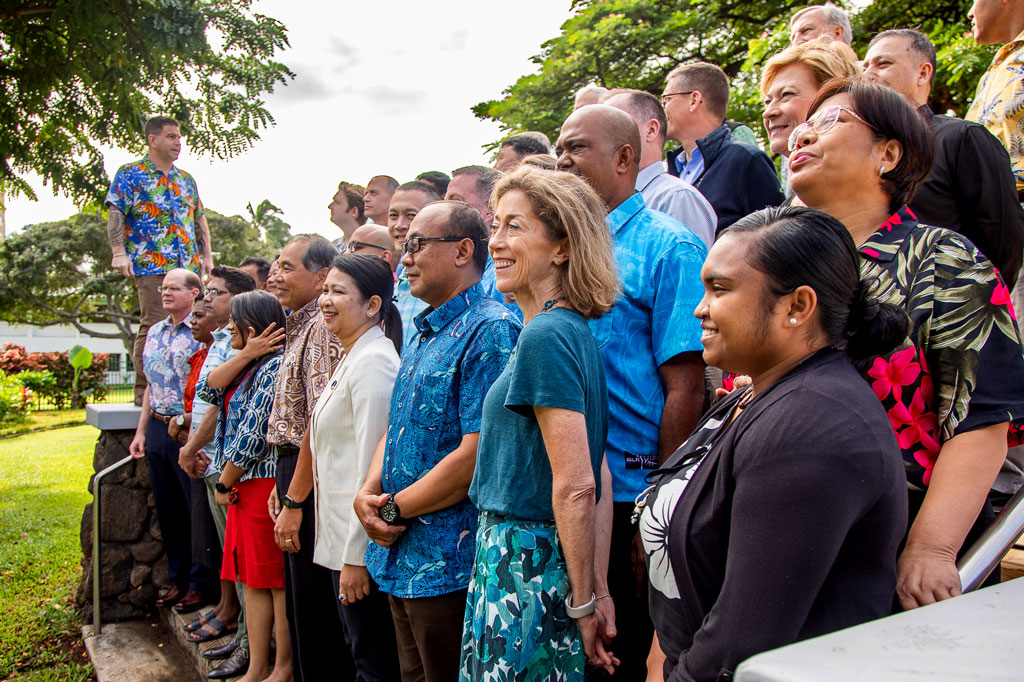




Leave A Comment